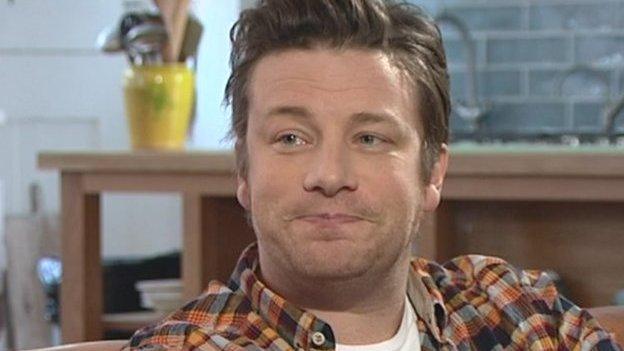Plaid Cymru to abolish social care charges if it wins power
- Published
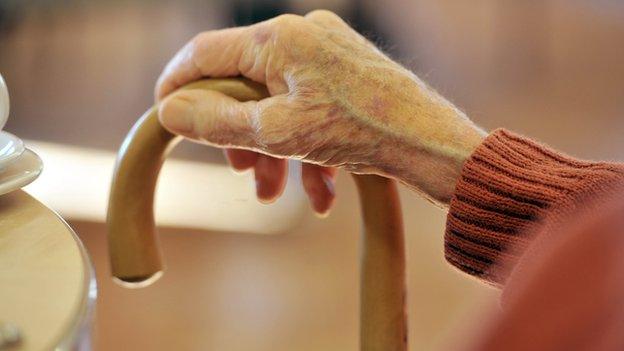
Care fees for the elderly and those with dementia would be scrapped if Plaid Cymru wins power in the 2016 assembly election, the party has said.
It said the changes - costing £226m - would be phased in, with charges not ending completely until a second term of a Plaid Welsh government.
The party also unveiled plans to abolish Wales' health boards and place major hospitals under one body.
Labour warned it would mean "years of chaotic and costly reorganisation".
Plaid Cymru health spokeswoman Elin Jones said an anomaly currently exists where NHS care is free but social care is means-tested.
"A person receiving a cancer diagnosis can expect the majority of care to be free, whilst a person receiving a dementia diagnosis can expect to be means-tested and pay for a vast amount of their care," she said.
"Plaid Cymru will equalise this care.
"Plaid Cymru will deliver free personal care for the elderly and those with dementia, with a view to extend this to deliver free care for all."
'Bureaucratic'
Earlier, Ms Jones revealed proposals to put local councils in charge of community services, such as GPs' surgeries, district nurses and mental health, arguing delays to treatment would be reduced by integrating much of the health and social care system.
"Navigating the complexities of the health and social care system in its current form is confusing and time-consuming for patients, many of whom are in a vulnerable state," she said.
"Anyone who has waited for their social care package to be implemented, or who has a family member who has needed to move from health to social care services, will know that there are often long delays whilst they wait for bureaucratic decisions to take place."
Plaid's health spokeswoman Elin Jones says the current system is too complicated
The last re-organisation of the Welsh NHS was in 2009 when 22 local health boards and seven trusts were replaced by the seven current health boards.
Under Plaid's re-organisation proposals, which the party said could take three years to bring in, responsibility for planning and running acute and specialist hospitals would be carried out by one national hospital board.
Local authorities would manage community services, but the party said some larger authorities could devolve responsibility to large groups of GPs.
The plans were ridiculed by the Welsh Labour government as "the end of the NHS as we know it",
A spokesman for Health Minister Mark Drakeford said: "Plaid is proposing little more than the break up of the NHS and condemning the health service to years of chaotic, confusing and a hugely costly reorganisation with these nonsensical plans to give local politicians direct control of planning community services, including GP care and mental healthcare, at a time when money should be invested in frontline services."
Conservative shadow health spokesman Darren Millar said "another expensive change" was not the answer to the "significant problems" facing the Welsh NHS.

Analysis by Nick Servini, BBC Wales political editor
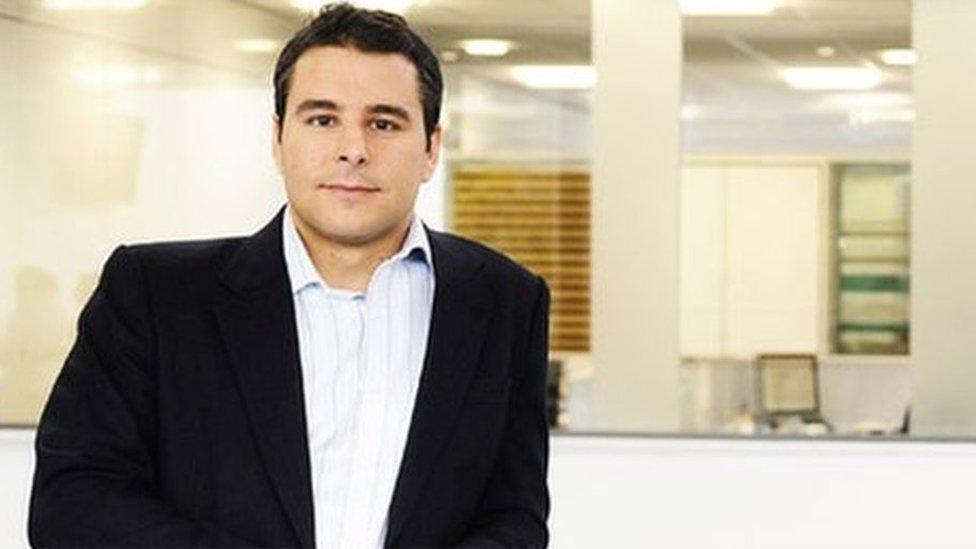
Plaid believe this proposal will achieve something that has achieved Holy Grail status whenever reform of the NHS is discussed; the integration of health and social care.
The inevitable criticism will be that major re-organisation is the last thing the NHS needs at a time when it is already under severe pressure.
And it would put major new levels of responsibility and power into the hands of councillors at a time when re-organisation of local government is on the agenda as well.
The party acknowledges major re-structuring like this will be costly, but insists it can be offset by savings that could arise from the creation of a more seamless service.
All eyes will now be on the potential cost of any proposals to pay for social care, which is clearly what the party would like to do.
- Published7 September 2015
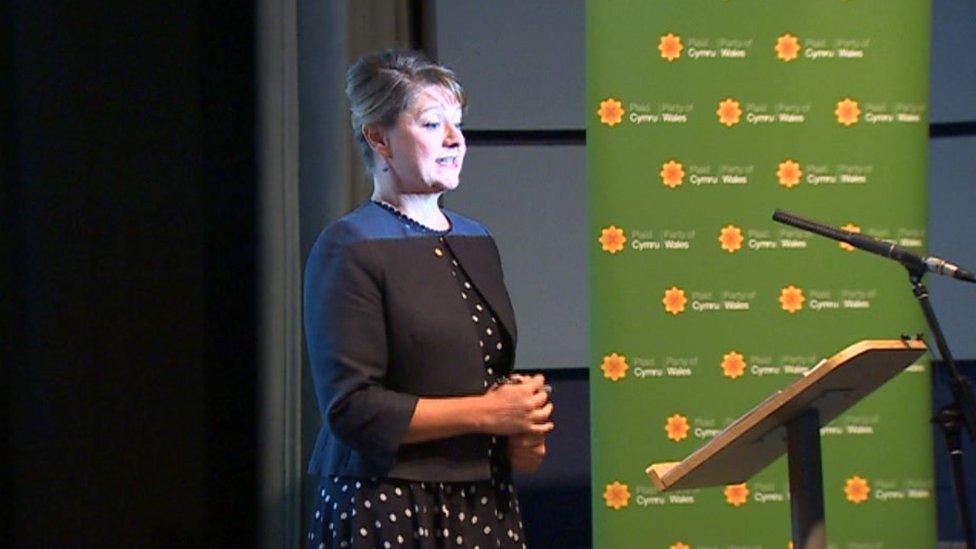
- Published9 September 2015
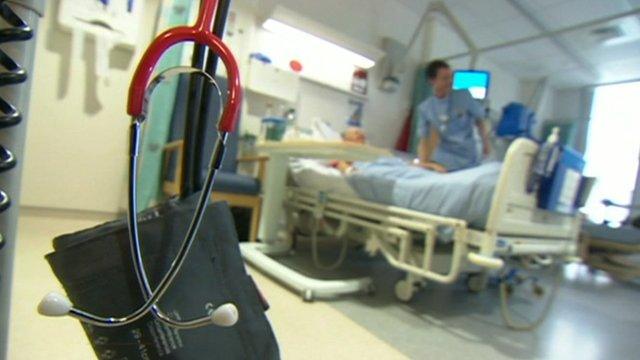
- Published18 September 2015
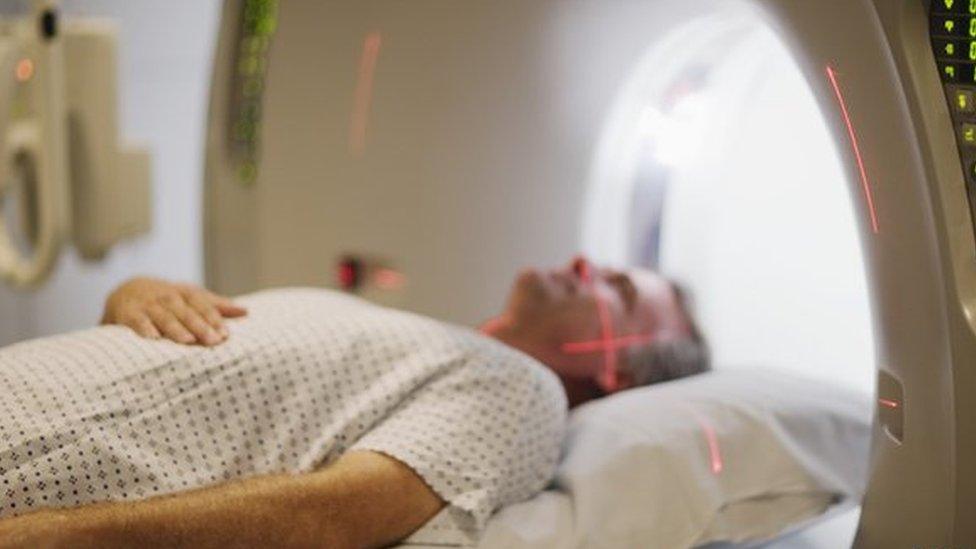
- Published26 June 2015
